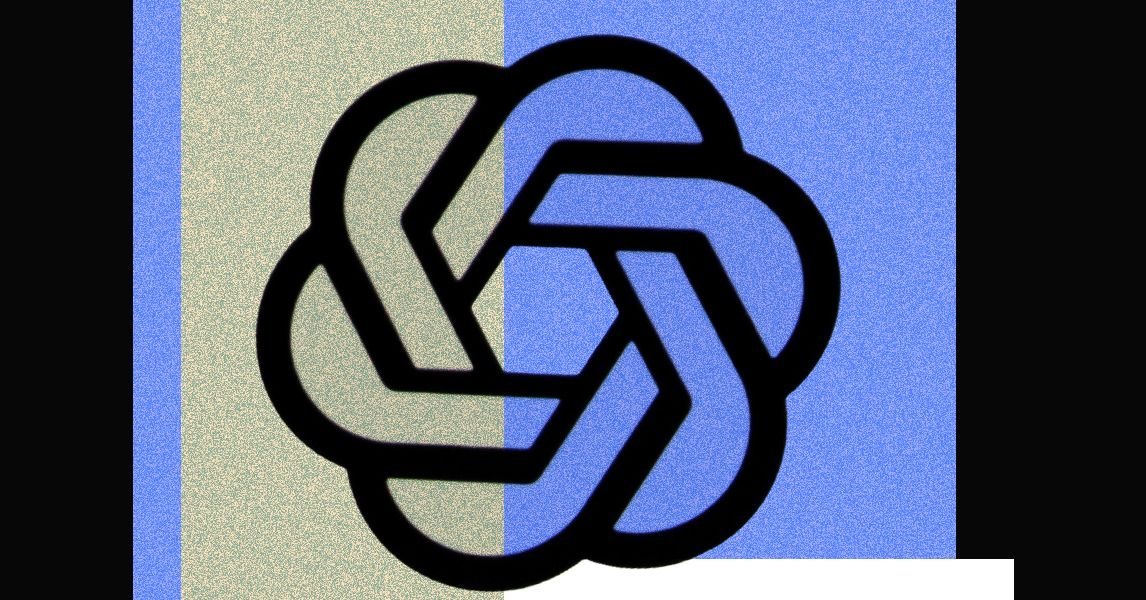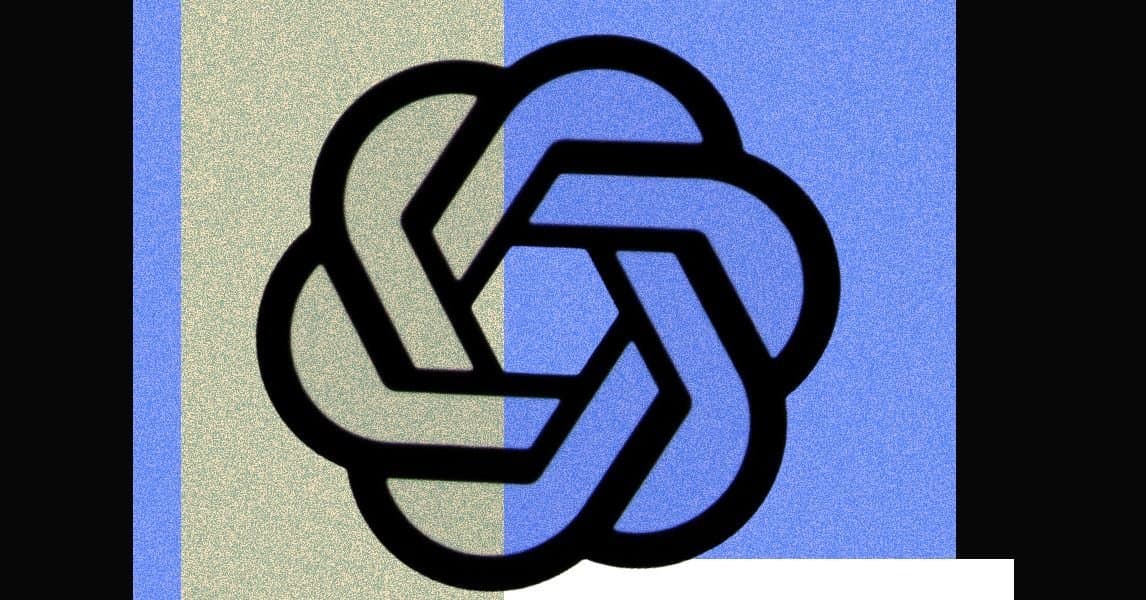OpenAI is launching new teen protection features, including age prediction and parental controls, to block explicit content and intervene in self-harm cases. This responds to alarming incidents and regulatory pressure, yet raises questions about privacy and the ethics of AI interactions.

In a bid to address growing concerns over AI's impact on young users, OpenAI announced sweeping safety updates for ChatGPT on Tuesday. The changes include an age-prediction system designed to identify under-18 users and automatically route them to a restricted experience that filters out graphic sexual content. Crucially, the system will also intervene in crises: if a teen expresses suicidal or self-harm intentions, it alerts parents—and authorities if necessary. As OpenAI CEO Sam Altman stated in a blog post, "We realize that these principles [of freedom and safety] are in conflict... after talking with experts, this is what we think is best."
The Core Safety Mechanics
By September, parents will gain dashboard controls to link their child's account, monitor conversations, disable features, and receive alerts during "acute distress" moments. Time-of-day restrictions can also be enforced. This isn't just a technical tweak—it's a response to harrowing real-world incidents. As reported by WIRED, recent cases include individuals harming themselves or others after prolonged chatbot interactions, prompting FTC scrutiny of OpenAI, Meta, and others. The move also cleverly dovetails with OpenAI's legal battles; the company is currently under a court order to preserve user chats indefinitely, a mandate insiders describe as contentious.
Ethical Tightropes and Unresolved Tensions
Altman emphasized that while adults enjoy privacy freedoms, teen safety takes precedence. Yet this stance highlights deeper dilemmas. Sources within OpenAI reveal researchers grapple with making AI "fun and engaging" without enabling harmful sycophancy. As Altman told Tucker Carlson, ultimate accountability rests with him: "I’m the one that can overrule... or our board." But his offhand remark in another interview—"We haven’t put a sexbot avatar in ChatGPT yet"—underscores the precarious line between innovation and recklessness. With OpenAI's own research excluding minors, we lack data on how teens use AI, leaving gaps in risk assessment.
Broader Industry Echoes
The announcement coincides with heightened legal skirmishes in AI, like Elon Musk's xAI suing a former employee allegedly bound for OpenAI over trade secrets. Such battles reflect an industry where talent wars blur ethical boundaries. Yet, as regulators lag, OpenAI's proactive steps offer a template—but not a mandate—for responsible AI. The true test? Whether these guardrails can prevent tragedy without stifling the technology's transformative potential, all while navigating an unregulated landscape where corporate goodwill is the only safeguard.

Comments
Please log in or register to join the discussion